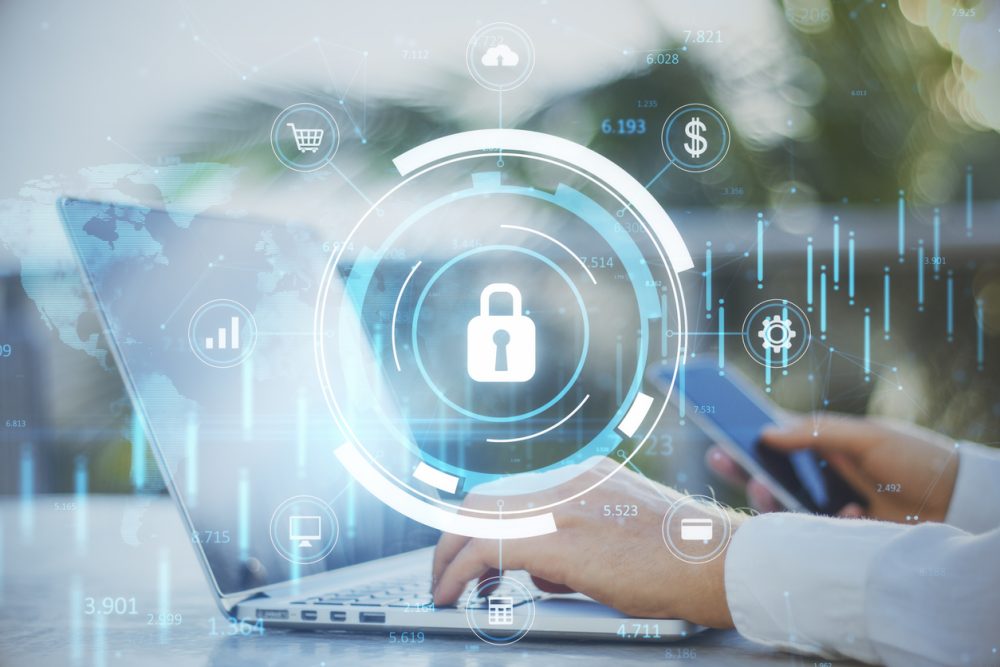Three in Four Americans admit to taking part in risky online behavior that could leave them open to cyber threats, according to a report from Comcast and Wakefield Research. Those numbers represent a 14 percent increase from two years ago, indicating more people are engaging in unsafe behavior despite a growing awareness about cybersecurity risks.
The report combines data from a consumer survey that included 1,000 participants with threat data collected by Xfinity’s xFi Advanced Security platform. Among the most common risky behaviors participants admitted engaging in were skipping software updates and reusing or sharing passwords.
Reusing passwords is one of the biggest issues when it comes to cybersecurity. According to a report from Google, 59% of people reuse a password for multiple accounts. An additional 13% use the same password for all their accounts. The issue here is obvious – if a hacker gets into to one of your accounts, and you use the same password for multiple accounts, they get access to all of them. If you’re like other people who find it difficult to remember passwords, using a password manager can help you keep track of them.
Skipping software updates is another easy way to lay yourself open to cyber-attacks. One of the most important reasons companies update software is because hackers are always attempting to find loopholes. Sometimes they do. Putting off that update you keep getting reminded about means you are losing critical security updates. This means your data could easily be stolen.
The Comcast report also found that cyber-attacks are increasing with the growth of connected homes. Houses that use Xfinity services average 15 connected devices – a 25 percent increase from 2020. More devices mean more vulnerability. While most consumers know the risks associated with computers and smartphones, most aren’t aware that hackers can also access personal data through household accessories like lighting, thermostats and doorbells.
What’s most alarming is the number of people who aren’t even aware if they’ve been a victim of a cyber-crime. Only 20 percent of respondents said they would immediately know if they’d been hacked. More than 50 percent said they aren’t confident that they would know if a non-screen device was hacked. And 32 percent said they aren’t sure they’d ever know if they were a victim of a cyberattack.
The U.S. Cybersecurity & Infrastructure Security Agency recommends a few things to keep yourself protected from cyber-crimes. These include implementing multi-factor authentication on your accounts and keeping software up to date. Others include thinking before you click on anything that looks suspicious and always using strong passwords.















